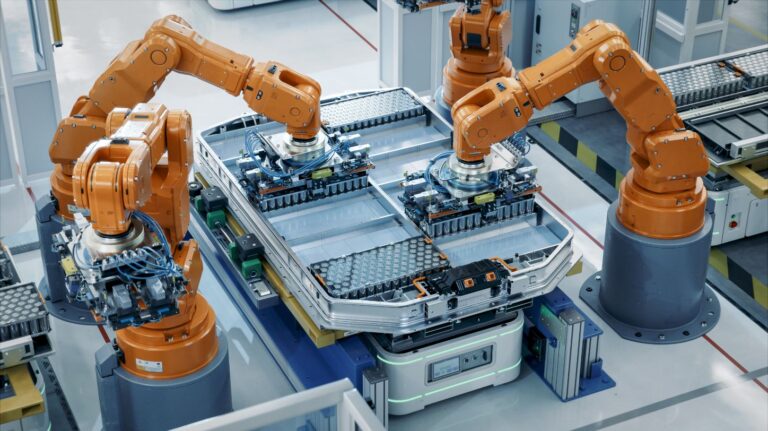Webasto’s R&D team is using Monolith AI software to make its electric vehicle (EV) battery module and pack testing more efficient.
Each battery module developed by Webasto contains at least 300 screws, with the torque setting for tightening each screw generating huge amounts of data.
Webasto will use the Monolith software to interrogate the data to improve screw tightening and battery performance, freeing up senior engineering resource at the same time.
The power of the Monolith platform lies in its ability to reduce the amount of physical testing time and simulations required to successfully develop products with highly complex, intractable physics throughout the design cycle.
Using valuable and sometimes limited engineering test data, Monolith makes instant predictions and enables engineers to identify areas where optimisation and development are required, without the extensive need for repetitive, time-consuming physical tests, the company said.
The two companies expect to work on numerous use cases together over the next 12 months, with the immediate focus on battery pack screw tightening – the quality of which can have huge impact on battery performance and degradation.
Webasto also develops batteries for an array of vehicle applications, building more than 500 battery system prototypes per year.
This work generates terabytes of raw test data from thousands of tests. However, the test data produced by Webasto is not in a form suited to train AI models.
Dr. Richard Ahlfeld, CEO and founder of Monolith, said: “The work we’re doing with Webasto sets a new benchmark for how a company can use AI effectively to improve processes and products.
“We’ve worked with them every step of the way to identify use cases, prepare data and train the in-house test and domain experts to get the most out of the Monolith platform. The result is an acceleration in battery validation and improved battery quality and performance.”









